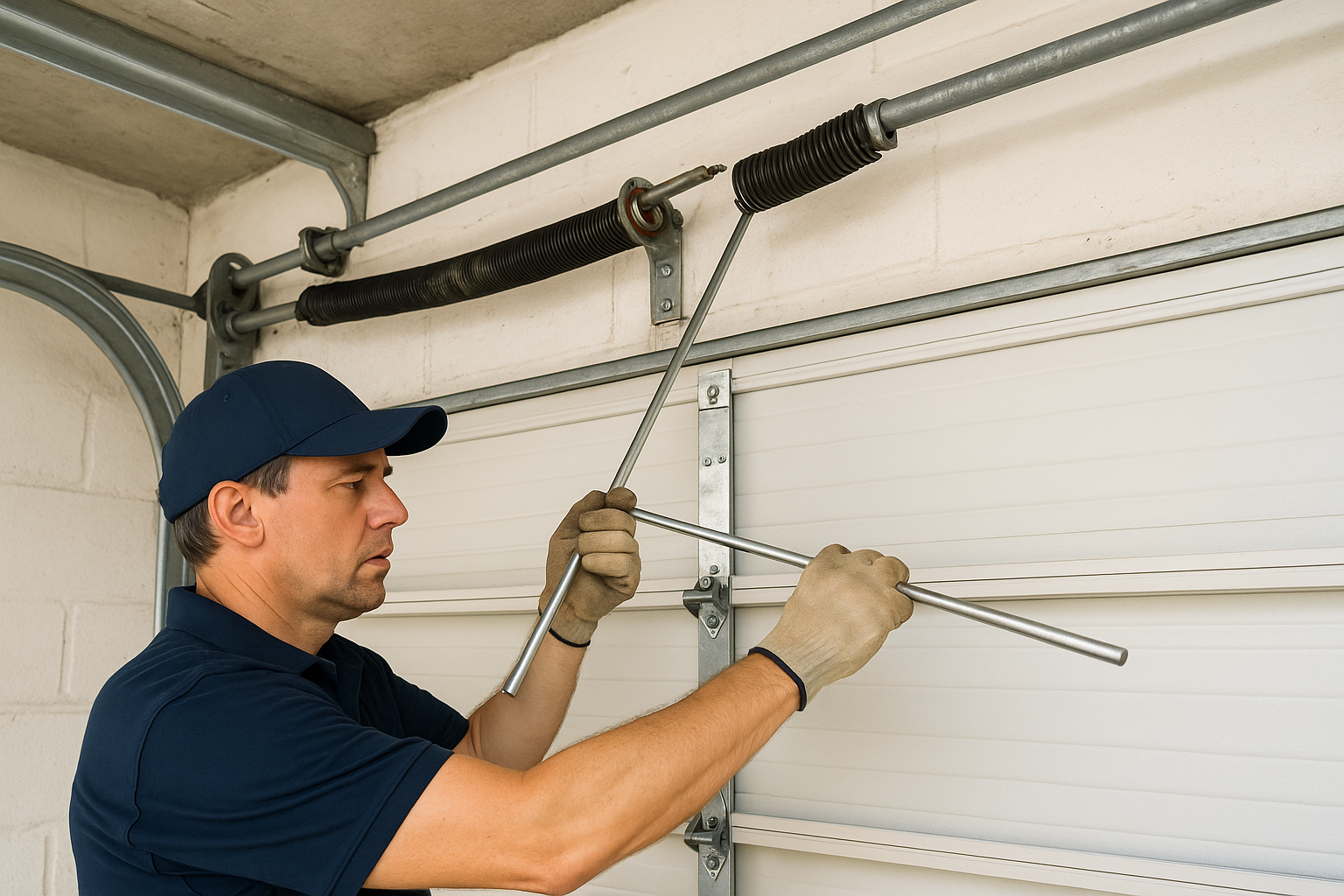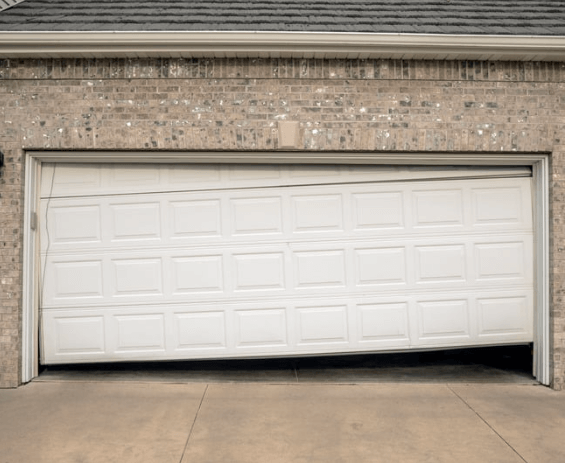
Broken garage door spring? Get same-day spring replacement by certified technicians. Safe, reliable, and affordable service near you. Call now for a free estimate!
Get Quotes
Smooth and safe garage door operation starts with properly aligned tracks. Our expert technicians offer professional track adjustment and repair services to fix misalignments, bent tracks, and noisy movement—ensuring your door opens and closes reliably.
Get Quotes